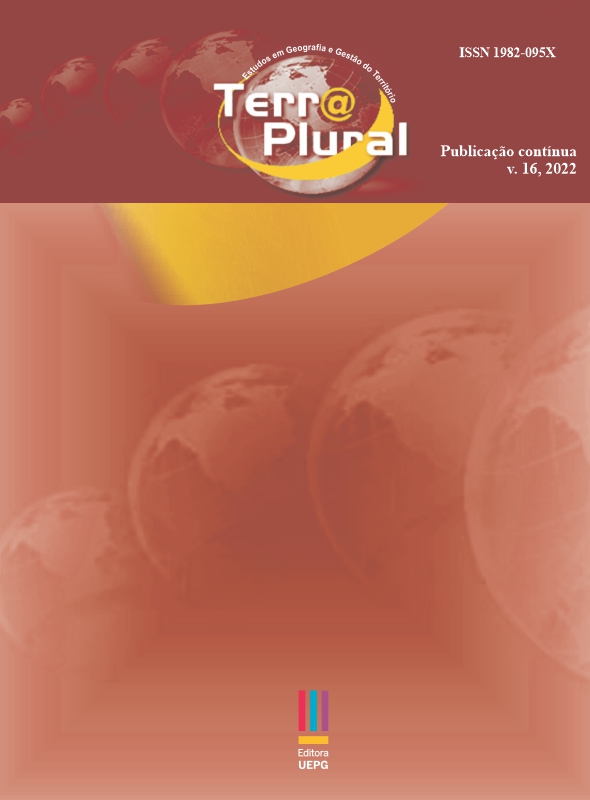Impacts of the Belo Monte Dam on the artisanal fishermen of Colony Z-57, in Altamira, PA, Brazil
Keywords:
Território de pesca, desapossamento, justiça ambiental, Rio Xingu, Grandes ProjetosAbstract
The trauma that resulted from the construction of large hydroelectric dams in the Amazon is marked by major social and environmental restructuring, plunder, and impacts, on Indigenous Lands, Conservation Units, residents on the outskirts of cities, or through the country roads. In general, the effects caused by the Belo Monte
HPP gain prominence and production, which composes the objective of this article: to analyze the impacts on the fishing territory. Having as the methodological path the bibliographic review, field and relative work with the fishermen of the Fishing Colony Z-57. It appears that the installation of the plant ended up deleteriously altering the systemic and cultural relations, under which the fishing territory is expressed. Compromising it, translating into low fishing stocks in the communities; a decrease of up to 70% in fisheries production, and, consequently, an increase in pain and economic costs for carrying out the activity. It was evident that the legal frameworks and the licensing instruments, all the judicialization resulting from these infrastructure projects, and the struggle imposed on their installation were not capable of safeguarding the interests of society - fishermen, specifically - in the face of the despoliation effect of the construction of the hydroelectric dam on the fishing territory.
Downloads
Downloads
Published
How to Cite
Issue
Section
License
Revista Terr@ Plural will obtain the auctorial rights for all published texts. This also implies that the text can be published anywhere in the world, including all rights on renewal, expansion, and dissemination of the contribution, as well as other subsidiary rights. The authors get permission to publish the contribution in other media, printed or digital, it may be in Portuguese or translation since the publication is credited to Revista Terr@ Plural. It allows the self-archiving of published articles in institutional repositories, thematic repositories, or personal web pages in the pdf version downloaded from the journal's site.















